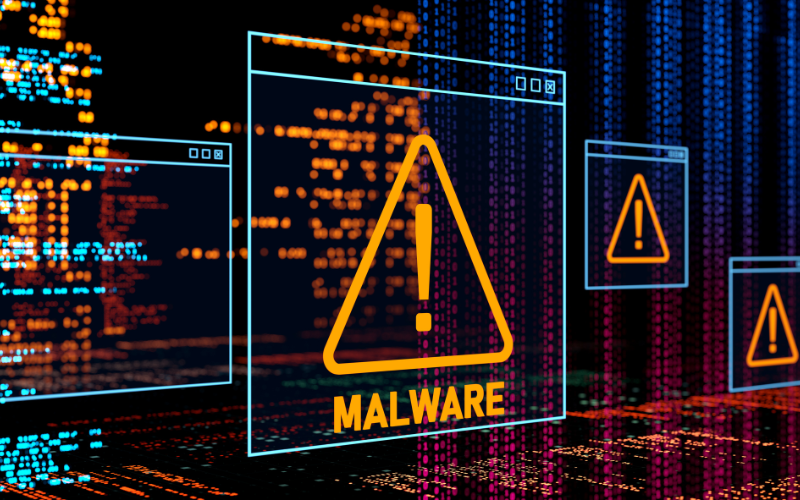Malware has evolved into one of the most potent dangers in cyberspace. From early viruses that simply disrupted systems to sophisticated ransomware that paralysed industries, each global malware incident has reshaped cybersecurity measures, forcing organisations and governments to enhance their defences.
Early Malware Incidents and Their Impact on Cybersecurity
1. The Morris Worm (1988): The First Major Wake-Up Call
The Morris Worm is often regarded as the first widely recognised cyberattack. Created by Robert Tappan Morris in 1988, the worm exploited vulnerabilities in UNIX systems and spread across the early internet, causing systems to crash and slow down significantly. Although the worm wasn’t designed to cause damage, it halted early internet operations, infecting approximately 10% of all computers connected to the network at the time.
Impact on Cybersecurity: The Morris Worm underscored the need for better internet security and led to the creation of the Computer Emergency Response Team (CERT), a government agency dedicated to monitoring and responding to cybersecurity threats. It also sparked an understanding that systems connected to a network must be adequately secured.
2. ILOVEYOU (2000): The Spread of Email Viruses
In 2000, the ILOVEYOU virus wreaked havoc globally by spreading through email attachments. The virus disguised itself as a love letter, encouraging users to open the infected file. Once opened, it overwrote important files and sent copies of itself to all email contacts, spreading exponentially.
Impact on Cybersecurity: ILOVEYOU highlighted the dangers of email-based malware and the importance of educating users about phishing attacks and email security. This incident pushed organisations to adopt more robust email filters and antivirus solutions to protect their systems from malicious attachments.
3. Slammer Worm (2003): A New Speed of Infection
The SQL Slammer Worm is another significant malware event that demonstrated how quickly cyberattacks could spread. In 2003, this worm infected thousands of computers in just minutes by exploiting a vulnerability in Microsoft SQL servers. Although it didn’t delete files, it caused widespread disruptions by overwhelming network bandwidth.
Impact on Cybersecurity: The rapid spread of Slammer emphasized the need for effective patch management. It also led to the development of real-time monitoring tools to detect and mitigate threats faster, minimising the potential damage from such attacks.
Key Lessons from Global Malware Incidents
While cybersecurity has come a long way, the battle against malware is far from over. Several key lessons have emerged from past incidents:
- The Importance of Regular Updates and Patch Management: Many malware incidents, including WannaCry, exploited known vulnerabilities that could have been prevented through regular software updates.
- Cyber Hygine Matters: Educating users about phishing scams, suspicious downloads, and email security can significantly reduce the risk of malware infections.
- Backups Are Essential: Having reliable and regular backups minimise damage from ransomware and other malware attacks.
- Collaboration is Key: Cybercrime is a global issue requiring cooperation between governments, organisations, and cybersecurity firms to avoid emerging threats.
Conclusion: The Road Ahead for Cybersecurity
Global malware incidents have profoundly reshaped cybersecurity, from the creation of response teams to the adoption of AI-based threat detection. As malware continues to evolve, so must the tools and techniques used to defend against it. The lessons learned from historical and modern attacks have made organisations more resilient, but constant vigilance is required to stay ahead of increasingly sophisticated threats.
The future of cybersecurity will depend on a proactive approach, leveraging cutting-edge technologies to anticipate threats and safeguard critical infrastructures. One thing is certain: the ongoing battle between malware creators and cybersecurity defenders will continue to shape the digital world for years.





